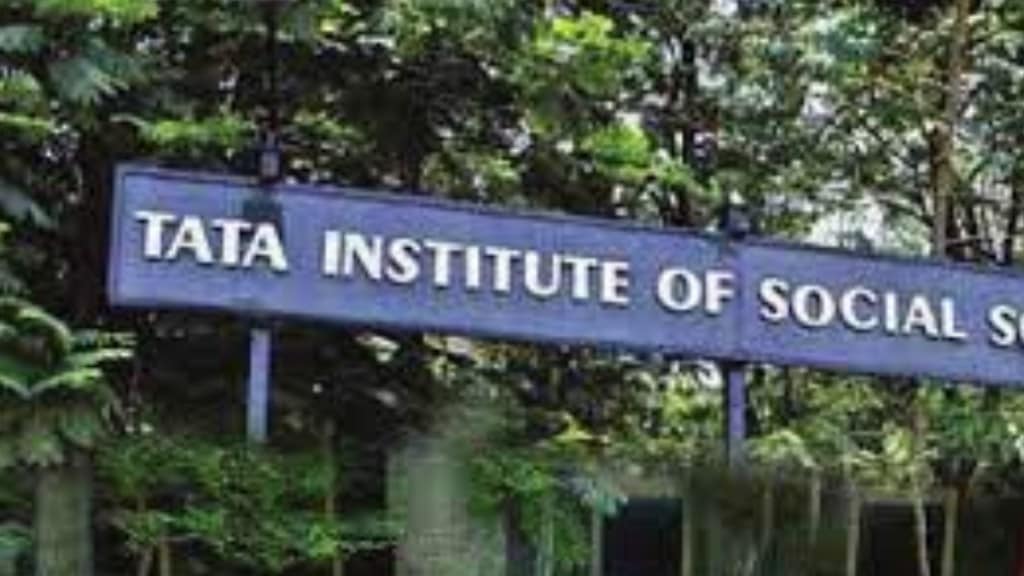The Tata Institute of Social Sciences Teachers Association (TISSTA) has publicly condemned the institute’s administration, accusing it of misrepresenting the ongoing crisis involving the non-renewal of contracts for 55 teaching and 60 non-teaching staff members.
In a statement released on July 10, TISS claimed that certain faculty members and students were exploiting the institute’s transition from Tata governance to full Central government management to spread misinformation and discord.
Last month, TISS issued notices regarding the non-renewal of contracts for the affected staff members, only to withdraw them following a significant backlash. According to TISSTA’s statement dated July 12, the association denounced the institute’s press release, accusing it of misleading the public, students, and media about the real issues facing the university.
TISS’s July 10 statement explained that the 55 teaching and 60 non-teaching staff were employed under projects funded by the Tata Education Trust (TET) on a contractual basis. The TET grant ended on March 30, 2024, and the affected staff were supposedly aware of the end of their service. TISS claimed it continued paying these employees for April and May 2024 out of humanitarian concern, even incurring financial liabilities by borrowing from reserve funds. The institute further accused certain faculty members of misleading the media to tarnish TISS’s reputation.
The statement also mentioned that ongoing discussions with TET had secured funding until December 2024, allowing TISS to continue employing the TET-project-based staff while identifying permanent staffing requirements as per University Grants Commission (UGC) guidelines.
Reacting strongly, TISSTA stated that the university’s responsibilities now included full-time campuses, schools, and centers, with contractual faculty performing roles equivalent to those of UGC-supported permanent positions. The association highlighted that the 55 faculty members had been integral to various academic programs, workshops, NAAC ratings, research guidance, admissions processes, and research grants.
TISSTA accused the administration of distorting facts by labeling the affected employees as “project staff” appointed under TET-funded projects. According to the association, these employees were appointed following UGC mandates and were never designated as project-specific staff.
Additionally, TISSTA pointed out that termination letters issued to faculty and non-teaching staff at the Advanced Centre for Women’s Studies had not been revoked, despite UGC assurances about the continuation of grants. A faculty member criticized the administration’s apathy towards critical disciplines like Women’s Studies, noting that repeated requests for an all-faculty meeting had been ignored by the institute’s leadership.
With inputs from PTI.

